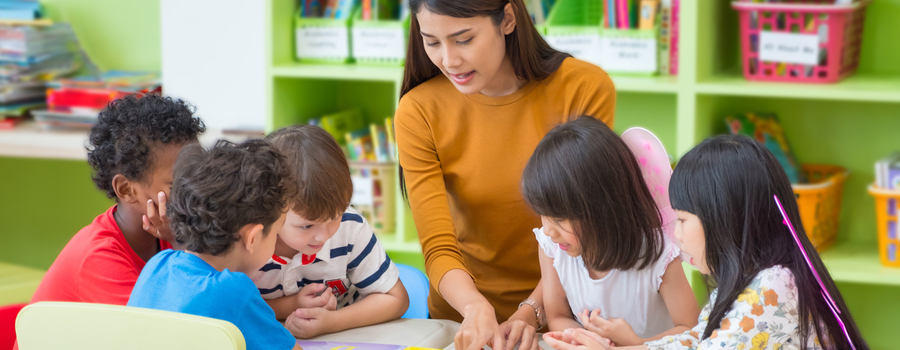- FIND YOUR NANNY TODAY!
- 1-888-556-2664
- 702-556-3998
The Kindergarten Jitters

“But I don’t want to go!” the child cries, desperately clinging to their mother. Any kindergarten teacher will tell you it’s not uncommon for there to be tears on the first day of school. A case of the “Kindergarten Jitters.” Most of the time it’s the children, but parents can get emotional too!
Kindergarten is many children’s first school experience. It’s understandable that it’s an emotional time for both children and parents. But, it doesn’t have to be awful or scary. By preparing your child ahead of time, you can make sure that their first day isn’t overwhelmed with anxiety and fear. So, how do you prepare? Here are some proven methods from Certified Nannies of America.
Visit the School
A visit to the school to see where kindergarten is can do a lot to calm your child’s fears and reduce the chances of the “Kindergarten Jitters.”. The unknown is very scary! But, once your child sees the building and classroom, they’ll likely feel much more comfortable with the idea. Many schools allow kindergarteners to do a tour or visit their classroom ahead of time. Contact your school to find out if you can arrange a quick visit!
Role Play
Use stuffed animals or dolls to act out what may happen at kindergarten. You can enjoy storytime, games, making friends and more! Then role-play any difficult moments like what your child can do if they need help, feel sad or have trouble with a classmate. For example, you might have the teddy bear say “I’m feeling sad,” and ask your child what the teddy bear could do. If your child doesn’t come up with a solution, suggest that the teddy bear might talk to a classmate or tell the teacher.
Tell Stories
Tell your child about your first day of school! You can also have family members or friends to tell your child about their first day of school and what they experienced. By hearing stories, your child will gain confidence that making it through the first day of school is something everyone goes through.
Empathize and Validate
Avoid saying “Oh, don’t worry, it will be fine,” as a way to brush off your child’s feelings. Instead, validate what they’re feeling and try to be empathetic. You might say, “I know it feels scary, but it will get easier,” or something similar. If you don’t acknowledge your child’s “Kindergarten Jitters” and feelings, they may feel worse and all alone with their fears.
Read Books
There are plenty of books out there that address the topic of the first day of kindergarten! Find them at the library or order a few of them so that you can read them together. These books can help open up discussions about what your child can expect at school and also help them talk through their fears.
Be Confident
When it’s finally time for the big day, do your best to show confidence and be positive. If your child sees you happy and confident about school, they’ll feel more secure. Remind your child that you’ll be there to pick them up later. If your child struggles, the teacher will likely suggest a way to separate or ask you to stay in the classroom for a few minutes. Be sure to follow her lead.
When implementing these strategies, you may wish to involve your child’s nanny or babysitter so that your child gets plenty of support in processing their fears and feelings. With support and love, your child will surely make it through the first few days of school without too much trouble.
